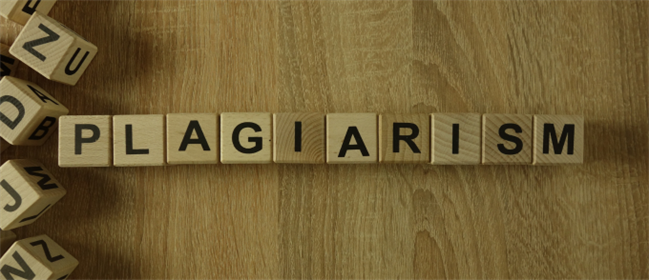Last updated on
01 December 2024

Plagiarism is commonly defined as the unethical act of using another person’s work, ideas, or intellectual property and presenting it as one's own without proper attribution. This includes copying content without citation or reference, falsely claiming authorship, or misrepresenting someone else’s work as original. Plagiarism is considered a serious offence in educational institutions worldwide and is treated with the utmost severity.
Within the context of corporate settings, plagiarism is viewed as a form of professional misconduct. It is an unethical practice that can lead to serious consequences, including loss of reputation, disciplinary action, and potential termination of employment.
When Does Plagiarism Occur?
Plagiarism in the corporate context is an issue of integrity and can occur under the following circumstances:
- Claiming authorship of reports, presentations, or publications that are wholly or partially created by another individual.
- Being listed as a co-author or contributor on projects without making meaningful contributions.
- Pressuring others to include your name as a co-author or contributor without academic or professional involvement.
- Using data or research findings from another individual or team without appropriate acknowledgement or consent.
- Incorporating collaborative research data into a new project or publication without the agreement of all contributors.
- Presenting another person’s ideas, documents, or creations, whether in written, digital, or any other format, as one's work.
- Translating another’s work into a different language and presenting the translation as your creation.
- Modifying another’s work or ideas without proper acknowledgement of the source.
Summary of Plagiarism Occurrences
In summary, plagiarism occurs when:
- You copy content from any source without proper citation or reference.
- You submit someone else’s unpublished work as your own, regardless of whether permission was granted.
- You allow someone else to create content or reports for you or pay for such services.
- You falsify or misrepresent the authorship of documents or presentations.
Please refer to the guide linked here for information on how to avoid plagiarism.
Note: This guide reflects the latest version of the APA Publication Manual (i.e., APA 7).
